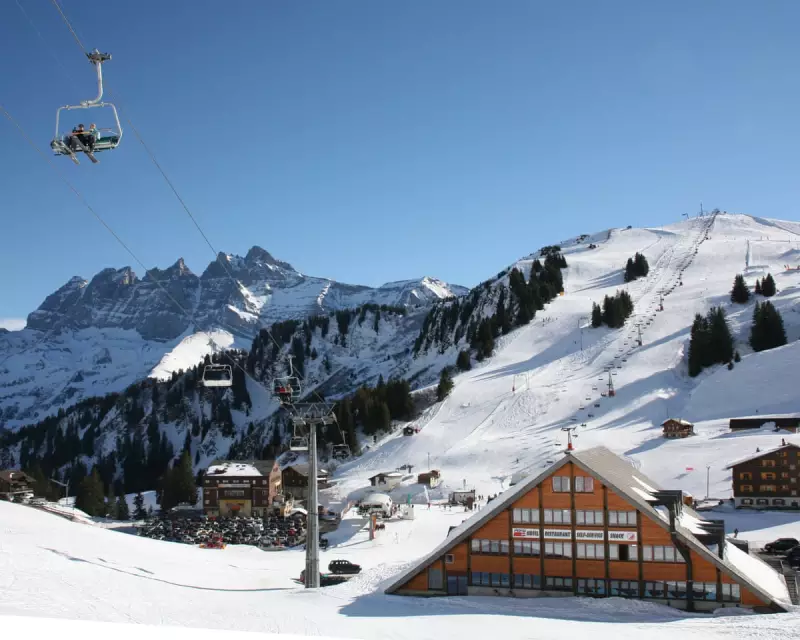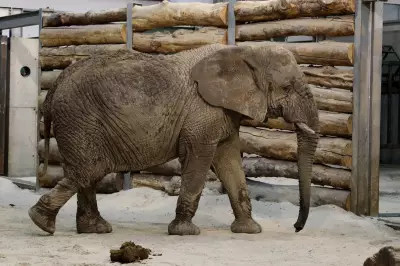
A chilling new climate report has revealed that Europe's ski industry is facing an existential threat as snowfall across the continent continues to dramatically decline. The findings paint a stark picture for winter sports enthusiasts and the multi-billion pound tourism sector that depends on reliable snow conditions.
The Vanishing Snowline
Scientific analysis shows that snow seasons across European mountain ranges are becoming significantly shorter and less predictable. The Alpine region, home to world-renowned resorts in France, Switzerland, and Austria, has experienced the most severe reductions, with some areas seeing snowfall levels drop by more than 30% compared to historical averages.
"We're witnessing a fundamental shift in winter weather patterns," explained Dr Elena Vogel, lead researcher on the study. "What were once considered exceptional snow-poor winters are becoming the new normal. The data shows a clear, accelerating trend that should alarm everyone in the winter tourism industry."
Economic Avalanche
The implications extend far beyond disappointed skiers. Entire regional economies built around winter sports face potential collapse:
- Resorts are investing millions in snow-making technology, but this becomes increasingly ineffective during warmer temperatures
- Local businesses from equipment hire to accommodation face uncertain futures
- Employment in mountain communities is becoming increasingly seasonal and unreliable
- Property values in traditionally snow-sure areas are beginning to reflect the new climate reality
Adapt or Face the Consequences
Forward-thinking resorts are already implementing survival strategies:
- Diversification: Developing year-round tourism offerings beyond winter sports
- Elevation Focus: Concentrating investment on higher-altitude slopes that retain snow longer
- Technology Investment: Advanced snow-making systems that work at marginal temperatures
- Experience Marketing: Shifting focus from guaranteed snow to overall mountain experiences
However, experts warn that these measures may only delay the inevitable for lower-lying resorts. "We're approaching a tipping point where adaptation becomes impossible for many traditional ski areas," cautioned mountain economist Professor Michael Reinhardt. "The geography of European skiing is being permanently redrawn."
Beyond the Slopes
The reduced snowfall has broader environmental consequences that extend well beyond the tourism sector. Mountain ecosystems dependent on consistent snow cover are under stress, and the diminishing 'white blanket' effect is accelerating glacial melt across the Alps.
Water security is another major concern, as snowpack traditionally acts as a natural reservoir, slowly releasing water during spring and summer months. Reduced snowfall threatens summer water supplies for agriculture and communities across Europe.
The research underscores the urgent need for both immediate adaptation measures and long-term climate action to preserve not just winter sports, but the ecological balance of Europe's mountain regions.





